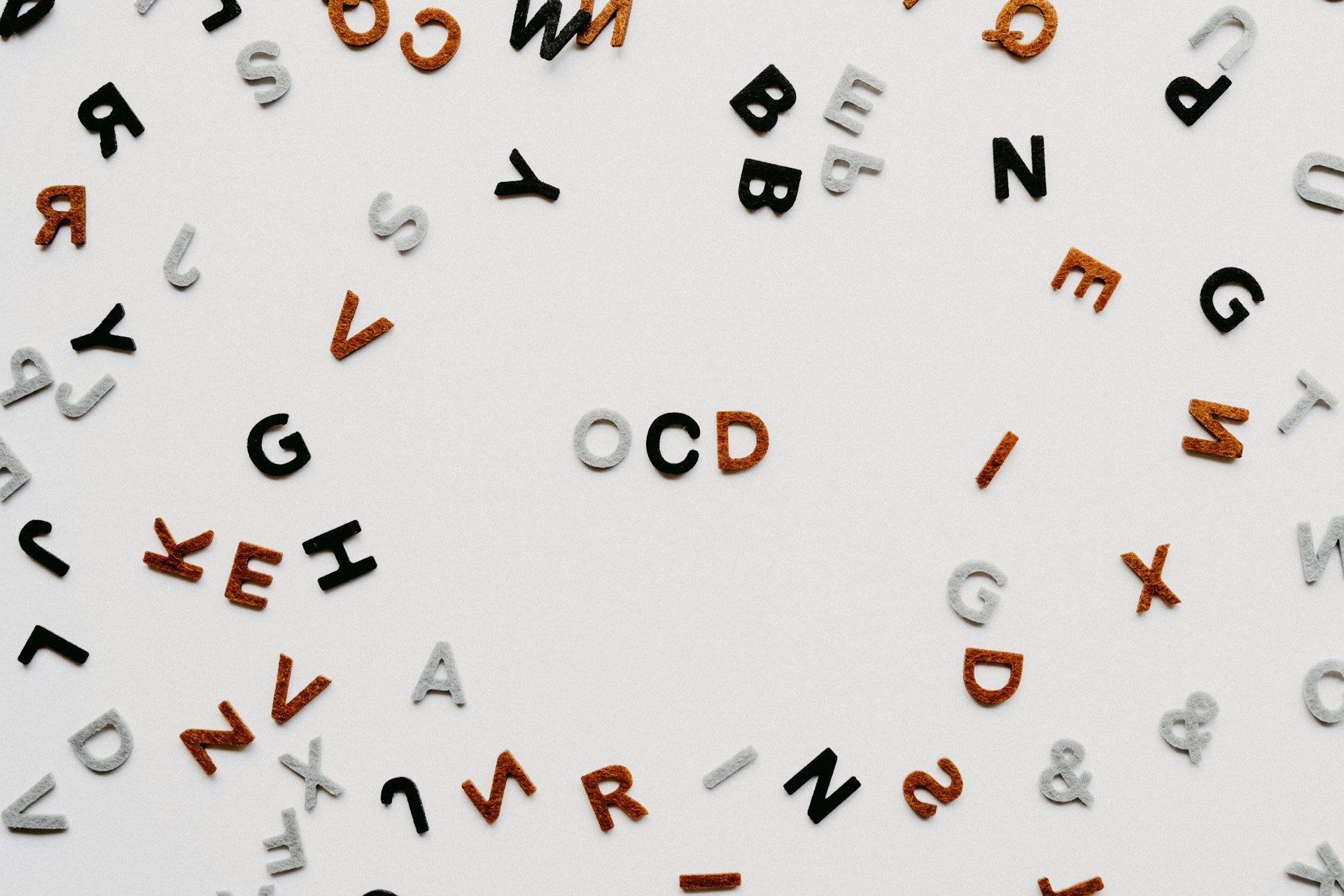Defining of Insomnia
Insomnia is a common sleep disorder characterized by difficulty falling asleep, staying asleep, or achieving quality sleep, leading to daytime impairment. According to the DSM-5, insomnia must occur at least three times per week for at least three months to be diagnosed as chronic insomnia.
Prevalence and Impact of Insomnia
Insomnia is a global health issue. The World Health Organization (WHO) estimates that around 10% to 30% of the global population experiences insomnia at some point. Insomnia affects not only physical health but also mental health, potentially leading to depression, anxiety, memory problems, decreased immunity, and increased risk of cardiovascular diseases and diabetes. Additionally, insomnia impacts daily life and work efficiency, reducing the quality of life.
Traditional Treatments and Their Limitations
Traditional insomnia treatments include both medication and non-medication therapies:
Medication:
- Sleeping Pills: Such as benzodiazepines and non-benzodiazepines, which help with falling asleep and staying asleep. However, long-term use can lead to tolerance, dependence, and side effects such as daytime drowsiness and memory impairment.
- Antidepressants: Some antidepressants have sedative properties and can be used for insomnia with depressive symptoms. These drugs also have potential side effects like weight gain and dry mouth.
Non-Medication Therapies:
- Cognitive Behavioral Therapy for Insomnia (CBT-I): Changes patients' thought patterns and behaviors to improve sleep. It is considered the first-line treatment for insomnia but requires professional guidance and can take a long time to show results.
- Sleep Hygiene Education: Includes establishing a regular sleep schedule, avoiding non-sleep activities in bed, and controlling diet and beverage intake. These measures can help improve sleep quality but often take a long time to be effective.
Despite their effectiveness to some extent, these traditional treatments have limitations. Medications can cause side effects and dependence, while non-medication therapies require time and professional guidance. Therefore, more people are turning to natural, safe, and side-effect-free alternative therapies like crystal healing to improve sleep problems.
Overview of Crystal Healing
Origins and History of Crystal Healing
Crystal healing is an ancient alternative medicine method with a history dating back thousands of years. Ancient Egyptians used crystals as amulets and ritual items, believing they had powerful protective and healing energies. In ancient India's Ayurvedic medicine system, crystals were used to balance the body's seven chakras and promote physical and mental health. Traditional Chinese medicine used crystals like jade to enhance energy flow and heal diseases. Ancient Greek and Roman physicians used crystals to treat various ailments, believing they could absorb and transform negative energy.
Over time, the knowledge of crystal healing spread worldwide. Since the 20th century, with the rise of the New Age movement, crystal healing has regained attention in the Western world. Today, it is widely used in various mind-body-spirit therapies, becoming a popular natural therapy.
How Crystal Healing Helps Improve Sleep Quality
Crystal healing utilizes the energy and vibrations of crystals to regulate and balance the body's energy field, promoting physical and mental health and improving sleep quality. Here are some main ways crystal healing helps improve sleep quality:
Relaxing the Nervous System
The vibrational frequency of crystals can help relax the nervous system, reduce stress and anxiety, making it easier for the body to enter a relaxed and sleep state. For example, the calming energy of amethyst can alleviate anxiety, promote calmness, and help fall asleep faster.
Regulating Emotions
Emotional instability and stress are major causes of insomnia. Crystals like rose quartz and blue stones have emotional regulatory effects, helping to alleviate anxiety and stress, promoting emotional balance. Emotional stability is the foundation of good sleep, making these crystals effective in improving insomnia.
Balancing Chakras
According to ancient India's Ayurvedic medicine system, the body has seven main energy centers, or chakras. Each chakra is associated with specific physical and emotional functions. Insomnia may result from the imbalance of one or more chakras. Using appropriate crystals to balance these chakras can help restore physical and mental balance, improving sleep quality.
Creating a Tranquil Sleep Environment
Crystals can be used to purify and enhance the energy of the bedroom, making it a tranquil and harmonious sleep environment. Placing crystals on the bedside table, under the pillow, or in other parts of the bedroom can continuously release their energy, creating a suitable environment for sleep. For example, the gentle energy of moonstone can help regulate the sleep cycle and promote deep sleep.
Promoting Meditation and Relaxation
Meditating and deep breathing before bed, combined with using crystals, can help relax the body and mind, preparing for sleep. Holding or placing crystals while meditating can help enter a relaxed state faster, relieving the day's tension and stress.
The Energy and Vibrations of Crystals
How Crystal Energy Fields Affect the Body
Crystals have unique energy fields that can interact with the body's energy field, producing positive effects. The vibrational frequency of the crystal energy field can influence the body's biofield and energy flow, promoting physical and mental balance and harmony. When the body's energy field is disrupted by stress, anxiety, or other negative emotions, the energy of crystals can help regulate and repair this imbalance.
How Crystal Vibrations Help Relaxation and Sleep
The vibrational frequency of crystals is one of their unique energy properties. Different types of crystals have different vibrational frequencies, which can affect different parts of the body. For example, the vibrational frequency of amethyst can affect the pineal gland, promoting melatonin secretion, helping to regulate the sleep cycle, and improving difficulty falling asleep. The vibrational frequency of moonstone can help balance emotions, alleviate anxiety and tension, creating a calm and relaxing sleep environment.
Crystal vibrations can also influence the nervous system through resonance effects, helping to lower heart rate and blood pressure, reducing stress and anxiety, making it easier to enter a relaxed state. This relaxation effect not only aids in falling asleep but also improves the depth and quality of sleep, allowing for more restful nights.
By combining different types of crystals, you can address specific insomnia issues and achieve better results. For example, you can place several amethysts and moonstones in the bedroom or use these crystals for meditation and relaxation exercises before bed to help relieve stress and anxiety, promoting better sleep.
By understanding and utilizing the energy and vibrational properties of crystals, insomniacs can find a natural, side-effect-free solution to help restore good sleep. This not only aids physical recovery but also benefits mental and emotional health.
Common Crystals for Sleep and Their Benefits
Amethyst
- Promotes Calmness and Relaxation: Known for its unique tranquil energy, amethyst helps people find inner peace after a busy day. Its energy can soothe tense nerves and relax the mind, aiding in quick sleep onset.
- Reduces Nightmares and Anxiety: Amethyst not only helps with falling asleep but also reduces nighttime nightmares and anxiety. It is believed to protect people from negative energy in their dreams, ensuring a stable night.
Moonstone
- Regulates Sleep Cycle: Famous for its close connection with lunar energy, moonstone helps regulate the body's biological clock. For those troubled by jet lag or irregular schedules, moonstone can help readjust the sleep cycle to normal.
- Promotes Deep Sleep: Moonstone's energy promotes deep sleep, ensuring high-quality rest every night. It helps people enter deep sleep stages faster, allowing the body and brain to rest and recover fully.
Blue Stones
- Soothes the Nervous System: Blue stones have powerful soothing effects on the nervous system. Their calming energy can reduce nerve tension, helping people relax and enter sleep at night.
- Improves Sleep Quality: Blue stones not only aid in falling asleep but also improve overall sleep quality. They ensure deep and continuous sleep throughout the night, leaving people feeling refreshed in the morning.
Rose Quartz
- Enhances Emotional Stability: Known for its gentle and nurturing energy, rose quartz helps enhance emotional stability. For those who have difficulty sleeping due to emotional fluctuations, rose quartz provides comfort and support.
- Calms the Mind: The energy of rose quartz helps calm the mind, reducing anxiety and stress. This calm state helps people relax at night and enter sleep more easily.
Other Sleep Crystals In addition to the common sleep crystals mentioned above, many other types of crystals also have sleep-improving effects, such as:
- Obsidian: A protective crystal that can absorb negative energy and aid in sleep.
- Citrine: Helps boost overall energy levels, making sleep deeper.
- Green Phantom Quartz: Has a calming effect, reducing stress and anxiety, promoting sleep.
Each crystal has its unique energy and benefits. By choosing and using the right crystals, you can significantly improve sleep quality. Through understanding and trying different crystals, you can find the most suitable sleep aid tools for yourself and enjoy a peaceful and stable night.
How to Use Crystals to Improve Sleep
Pre-Sleep Rituals
- Cleaning and Charging Crystals: Cleaning crystals is essential to ensure their energy purity. Rinse the crystals under running water for a few minutes or soak them in saltwater (note that some crystals are not suitable for long soaking). Additionally, place the crystals under sunlight or moonlight to charge them. Sunlight brings vitality, while moonlight helps soothe emotions.
- Meditation and Deep Breathing with Crystals: Before bed, hold crystals and meditate. Choose a quiet place, close your eyes, take deep breaths, and feel the energy of the crystals gradually permeate your body. During meditation, focus on an intention, such as "I will have a peaceful night's sleep." This practice helps calm the mind, reduce anxiety, and prepare for sleep.
Placing Crystals
- Bedside Table or Under Pillow: Placing crystals on the bedside table or under the pillow is the most common method. This ensures that the crystals' energy continuously affects your sleep quality throughout the night. Amethyst, moonstone, and rose quartz are ideal choices for these locations.
- Other Places in the Sleep Environment: Besides the bedside table and under the pillow, you can place crystals in other parts of the bedroom, such as the windowsill, desk, or the room's four corners. This can create a harmonious energy field throughout the room, enhancing the overall sleep environment quality.
Combining with Other Sleep Aids
- Aromatherapy: Aromatherapy is another effective sleep aid method. Use essential oils like lavender, chamomile, or ylang-ylang in the bedroom. These oils help relax the body and mind, reducing stress. When combined with crystal healing, the effect is more pronounced. For example, hold an amethyst while inhaling the essential oil to double the relaxation effect.
- Establishing Regular Sleep Habits: Establishing regular sleep habits is the foundation for improving sleep quality. Try to go to bed and wake up at the same time every day, even on weekends. Avoid consuming caffeinated beverages or engaging in stimulating activities before bed. Additionally, engage in relaxing activities before bed, such as reading, listening to soft music, or doing gentle yoga. Combining these habits with crystal healing can significantly enhance sleep quality.
By scientifically and reasonably using crystals and combining other sleep aid techniques, crystal healing can become a natural, safe, and effective method for improving sleep quality. We hope these methods help you achieve better sleep, filling every night with peace and tranquility.
Precautions When Using Crystals
- Avoid Over-Reliance on Crystals: Crystal healing should be an auxiliary treatment method rather than the sole approach. Combining it with other scientific treatment methods yields better results. Maintain good lifestyle habits, such as regular sleep schedules, healthy diet, and proper exercise, to comprehensively improve sleep quality.
- Reasonable Combination with Other Therapies: Crystal healing can be combined with aromatherapy, meditation, yoga, and other relaxation techniques to enhance the sleep aid effect. Follow the advice of professional doctors or therapists, choosing a suitable comprehensive treatment plan based on personal constitution and needs.
Conclusion
Crystal healing offers the advantages of being a natural, safe sleep aid method. Without involving medication or side effects, it is a natural and safe choice for aiding sleep. The energy and vibrations of crystals can effectively alleviate stress, regulate emotions, and improve sleep quality.




